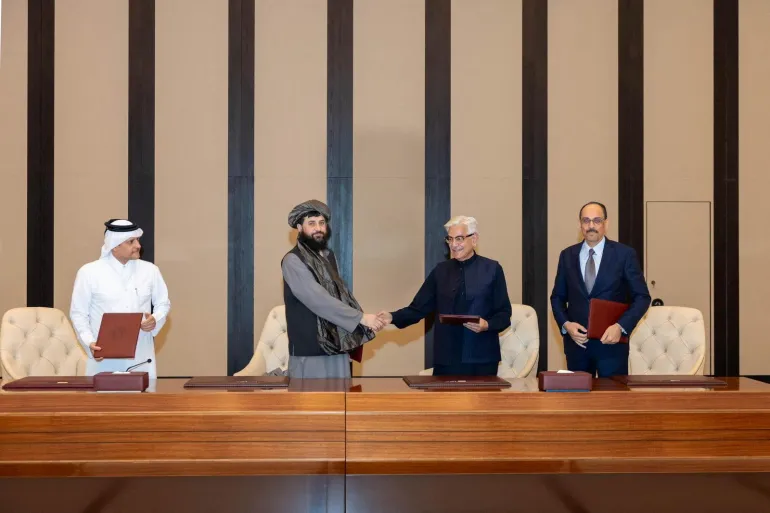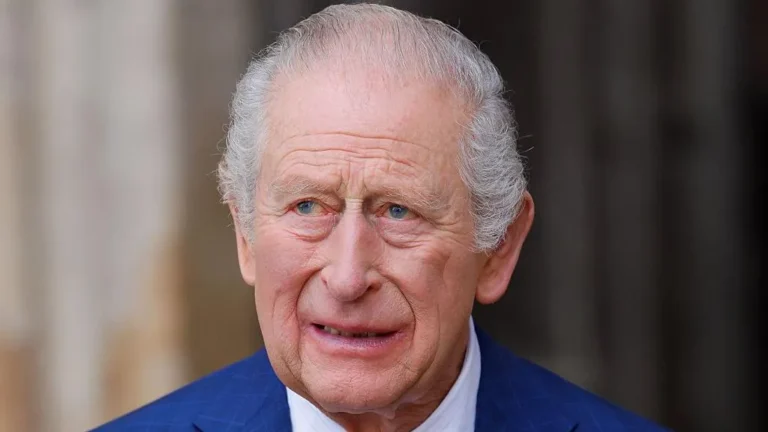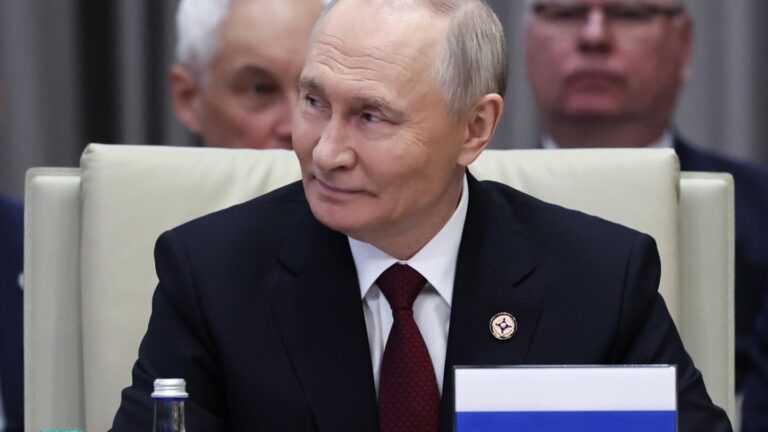
Pakistan, Afghanistan Border Erupts in Deadly Fighting Amid Peace Talks
Fresh border clashes between Pakistani troops and armed fighters along the Afghanistan frontier have left at least five Pakistani soldiers and 25 militants dead, the Pakistani military confirmed on Sunday. The violence erupted even as officials from both nations convened in Istanbul, Turkiye, for critical peace negotiations aimed at preventing a return to open warfare.
According to Pakistan’s Inter-Services Public Relations (ISPR), the fighting occurred on Friday and Saturday in the volatile Kurram and North Waziristan regions. The army said militants attempted to infiltrate from the Afghan side, accusing the Taliban-led government in Kabul of failing to curb cross-border attacks launched by groups operating within its territory.
“The infiltrations raise serious concerns about Kabul’s commitment to tackling terrorism emanating from its soil,” the military’s statement read. Pakistan maintains that the armed fighters belong to factions it labels as Fitna al-Khwarij—a term used to describe extremist militants allegedly backed by external sponsors.
Afghanistan’s authorities have yet to respond publicly to the latest clashes. However, the Taliban government has repeatedly denied harboring Pakistani militants, instead accusing Islamabad of violating Afghan sovereignty through aerial bombardments and artillery fire.
The renewed violence threatens to undermine a fragile truce brokered earlier this month in Doha, Qatar, with the support of both Qatar and Turkiye. That ceasefire had halted the most intense fighting between the two countries since the Taliban’s takeover of Kabul in 2021 a series of engagements that left dozens dead and hundreds injured.
Peace Talks in Turkiye Face Tense Atmosphere
Delegations from both countries arrived in Istanbul over the weekend for what analysts describe as a last-ditch attempt to stabilize relations. Pakistan’s Defense Minister Khawaja Muhammad Asif, speaking to reporters before the talks, said the ceasefire remained intact but warned that Islamabad could resort to “open war” if the negotiations collapse.
“Pakistan is committed to peace,” Asif said, “but if our good faith is not reciprocated, we will protect our sovereignty by all means necessary.”
The talks, mediated by Turkiye and observed by Qatari diplomats, are centered on preventing future border escalations and improving intelligence-sharing. According to regional experts, Islamabad’s goal is to persuade the Taliban to take direct action against fighters of the Tehreek-e-Taliban Pakistan (TTP) sheltering in eastern Afghanistan.
ALSO READ: US, China Reach Trade Deal Framework Before Trump-Xi Meeting
Under Pakistan’s proposed framework, it would share intelligence coordinates of suspected militants for the Taliban to pursue, replacing the cross-border airstrikes that Kabul condemns as illegal.
Afghanistan’s delegation, led by Deputy Interior Minister Haji Najib, submitted a counter-proposal after 15 hours of talks. According to Afghan state broadcaster RTA, the proposal calls on Pakistan to halt its cross-border operations, prevent anti-Afghan groups from using Pakistani territory, and establish a joint monitoring system to investigate ceasefire violations.
“The Afghan side is open to a four-party mechanism,” RTA reported, indicating possible participation by mediators from Turkiye and Qatar to ensure impartial oversight.
While neither country has disclosed the full details of the draft agreement, officials say the outcome could determine whether fragile peace efforts continue or collapse entirely. Analysts caution that even if an understanding is reached, enforcing it on the ground will be difficult given the complex network of armed groups operating across the porous 2,600-kilometre border.
Rising Regional Tensions and International Attention
The border unrest has drawn international concern. U.S. President Donald Trump, speaking on the sidelines of the ASEAN Summit in Malaysia, told reporters he was being briefed on the situation and claimed he could “solve the Afghanistan-Pakistan crisis very quickly.” Washington has long viewed the Afghan-Pakistan frontier as a key flashpoint for regional instability and counterterrorism efforts.
Experts warn that a breakdown in dialogue could destabilize not just the immediate border area but also broader regional trade and security cooperation. “This is not just about two neighbors,” said defense analyst Rahim Ullah Mehsud. “If the talks in Istanbul fail, the entire region—from Iran to China—could feel the consequences through disrupted trade routes and displaced populations.”
In recent years, Islamabad has faced a sharp increase in militant attacks, many of which it attributes to the TTP and affiliated groups allegedly operating from Afghan soil. The Taliban, meanwhile, accuses Pakistan of hosting exiled Afghan opposition fighters and interfering in its internal affairs.
As both sides weigh the cost of confrontation, the outcome of the Istanbul peace talks could prove pivotal. A sustainable agreement could mark the beginning of a new era of cooperation, while failure might plunge the region back into conflict reminiscent of the chaotic years following the Taliban’s return to power.




